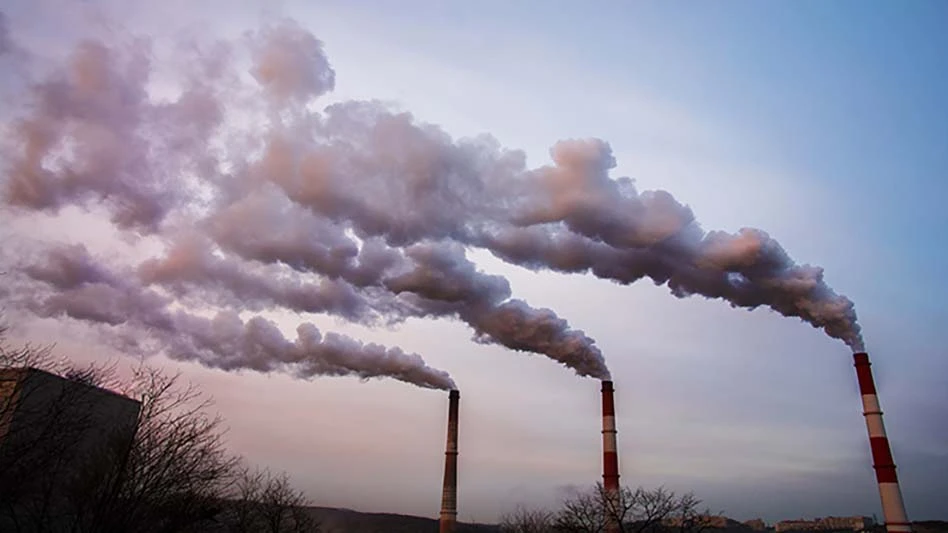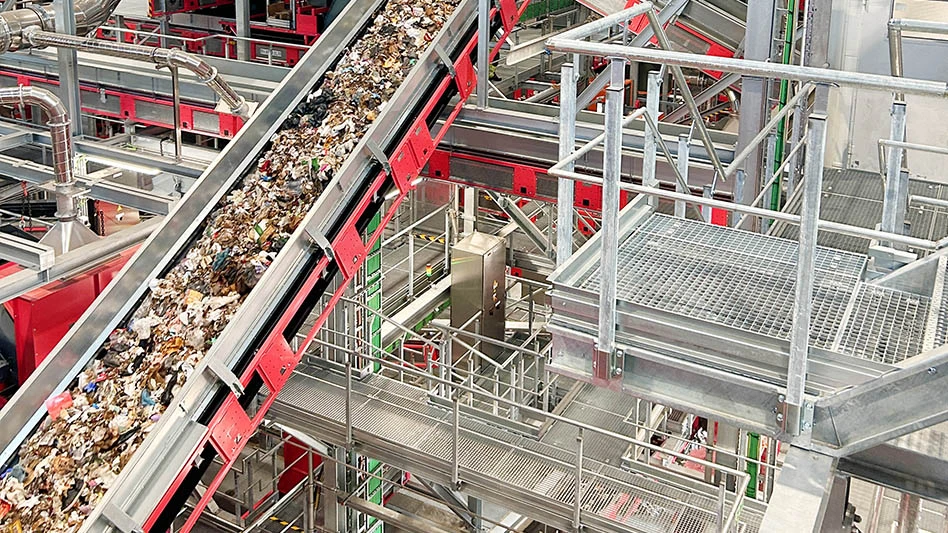
Waste Today archives
Bloomington, Minnesota, officials want to slow down plans to close a waste-to-energy incinerator in downtown Minneapolis, saying they worry alternatives won’t be viable soon enough, the Star Tribune reports.
Bloomington is one of 16 Hennepin County cities that contract with waste haulers that bring all residential trash to the incinerator, according to the story. Bloomington City Council members voiced concern over timing and other environmental impacts from the closure of the Hennepin Energy Recovery Center (HERC), which is set to close between 2028 and 2040.
“We are confident that our community will struggle to meet the goal of an 85 percent diversion in the accelerated timeline outlined,” city staff and council members wrote in a letter to Hennepin County Commissioners, saying the 16 years until 2040 is not enough time to eliminate the need for an incinerator by diverting almost all of the city’s waste to composting and recycling.
RELATED: EIA calls WTE sector ‘small but stable’
Reaching the county’s goals to reduce trash will take more staff and money, the letter reads, and could take well over a decade.
Hennepin County is accelerating efforts to close the incinerator in part because state aid for a new anaerobic digester to handle organics recycling is conditioned on a timeline to close the HERC, according to the story. Additionally, activists have raised concerns about the health impacts of the incinerator, while the state legislature’s renewable energy plan no longer considers burning trash to be a preferred source of energy.
If the incinerator is closed before cities have time to reduce the amount of trash they produce, council members wrote in the letter, they predict more refuse would go to landfill in the short term. The letter also warns of potential pollution and climate impacts from trucking trash farther and from methane emitted by landfills.
Latest from Waste Today
- US Senate backs reduced cuts to EPA
- ELV Select Equipment, Reworld aid NYPD in secure firearm disposal
- Waste Connections announces Q2 results
- Returnity and Cosmoprof to address reusable bag waste
- SWANA releases report on aging WTE facilities
- New economic assessment reveals cost benefits of California’s SB 54
- Premier Truck Sales & Rental opens new facility
- TeknTrash Robotics, Sharp Group partner on humanoid robot pilot





